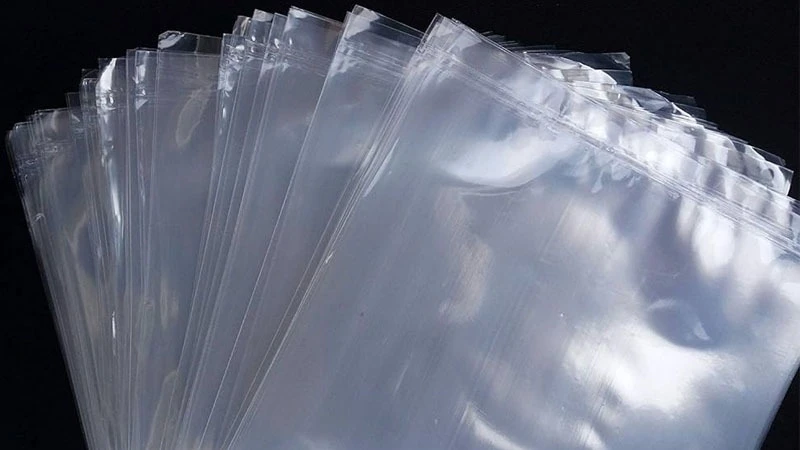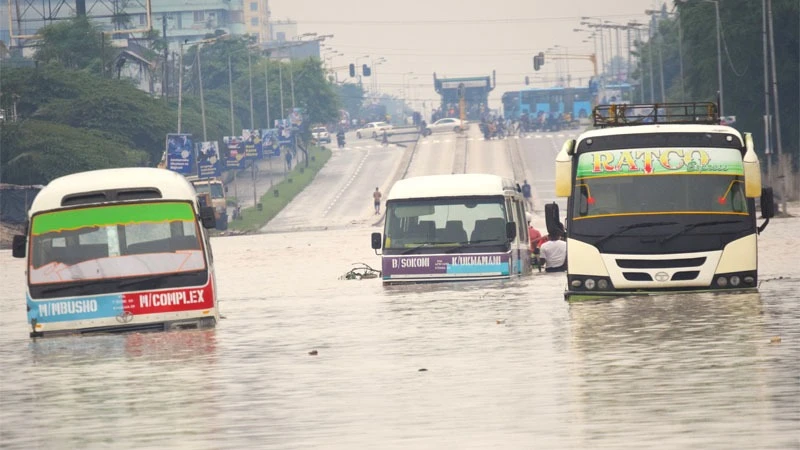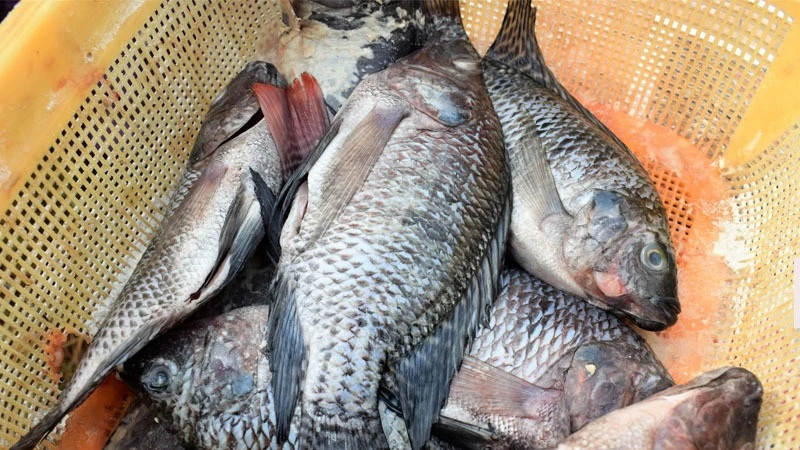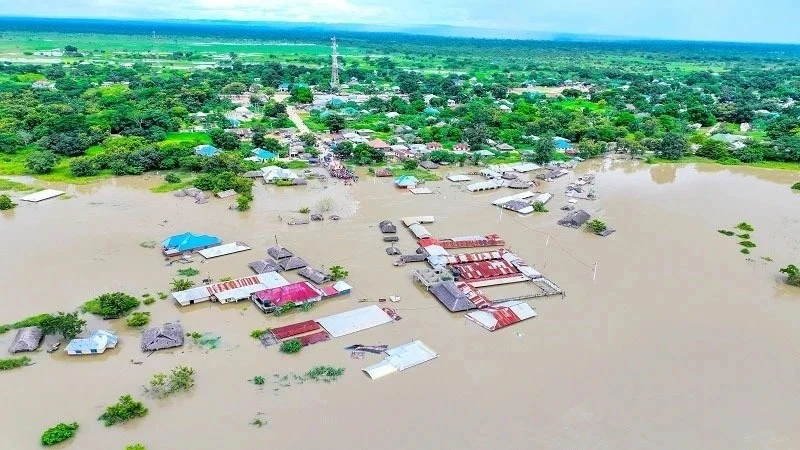Environmentalists just have a point over the use of transparent plastics

THERE were some nuts to crack on Earth Day (April 22) when environment stakeholders revisited familiar hunting grounds, relating to the persistent circulation of what they describe as single-use plastics.
Their focus was on the importance of promoting reusable packaging materials as they are more suited to fight pollution, which was surprising to a number of those who heard the demand, as single use plastics were banned back in 2016.
The single-use material that was abundant eight years ago was one that was skimpy, small in size and with handles, mainly used in wrapping fast food at various street eateries.
What there is at present is non-handled, plastic or mixed type material whose visible quality is its transparency, a mark that is needed in many things in shops and markets.
And they are also reused in the sense that they store things in homesteads, with just a slight chance of being thrown away after packaging, chiefly because they aren’t used in carrying food.
Still, there is a minor category of plastics that appear to fit the bill in what environmental stakeholders mean, namely, tiny plastic covering after the usual aluminium-laced food wrapping paper has been used.
Admittedly, many take-away joints cover the wrapped aluminum paper with khaki paper. One has to go to joints or spots selling yams, potatoes or sugar and other edibles in shops which aren’t covered by special wrapping paper, with an additional quality that they aren’t scattered all over.
It wraps things likely to be taken to a homestead or some other place, and disposed of just like other dirt, not thrown about.
This means that the little items are collected alongside their household trash for routine disposal and would not in themselves touch off visible environmental concerns.
Explanations that ‘investing in efforts to eliminate single-use plastics will greatly help protect the planet Earth from plastic pollution’ was sort of far-flung, as this is dirt that is collected in households, not thrown about in open air.
During the single-use ban campaign it was pointed that, owing to the usually dark or blue bags with handles being scattered, they were at times munched by domestic animals – with harmful consequences. Well, there are no such dangers lurking at present, and the only parameter is effectiveness of waste collection, as that is too often poor.
There is meanwhile room to worry that regulators may seek allies in activist organisations to pour old wine into new bottles, allowing them to start another campaign disrupting shop and market activity, whereas the wrapping industry years back shifted to the reuse bags with handles.
There is a brazen preoccupation with plastics and anyone who peddles them, as well as a wish to add taxes or levies against this group, at times just to cover up local government laxity in picking up waste.
The background was collecting waste along the beach on Earth Day, and it was discovered that plastics endanger marine life, and hence the need to curb their use and improve the way they are disposed of.
Top Headlines
© 2024 IPPMEDIA.COM. ALL RIGHTS RESERVED

















